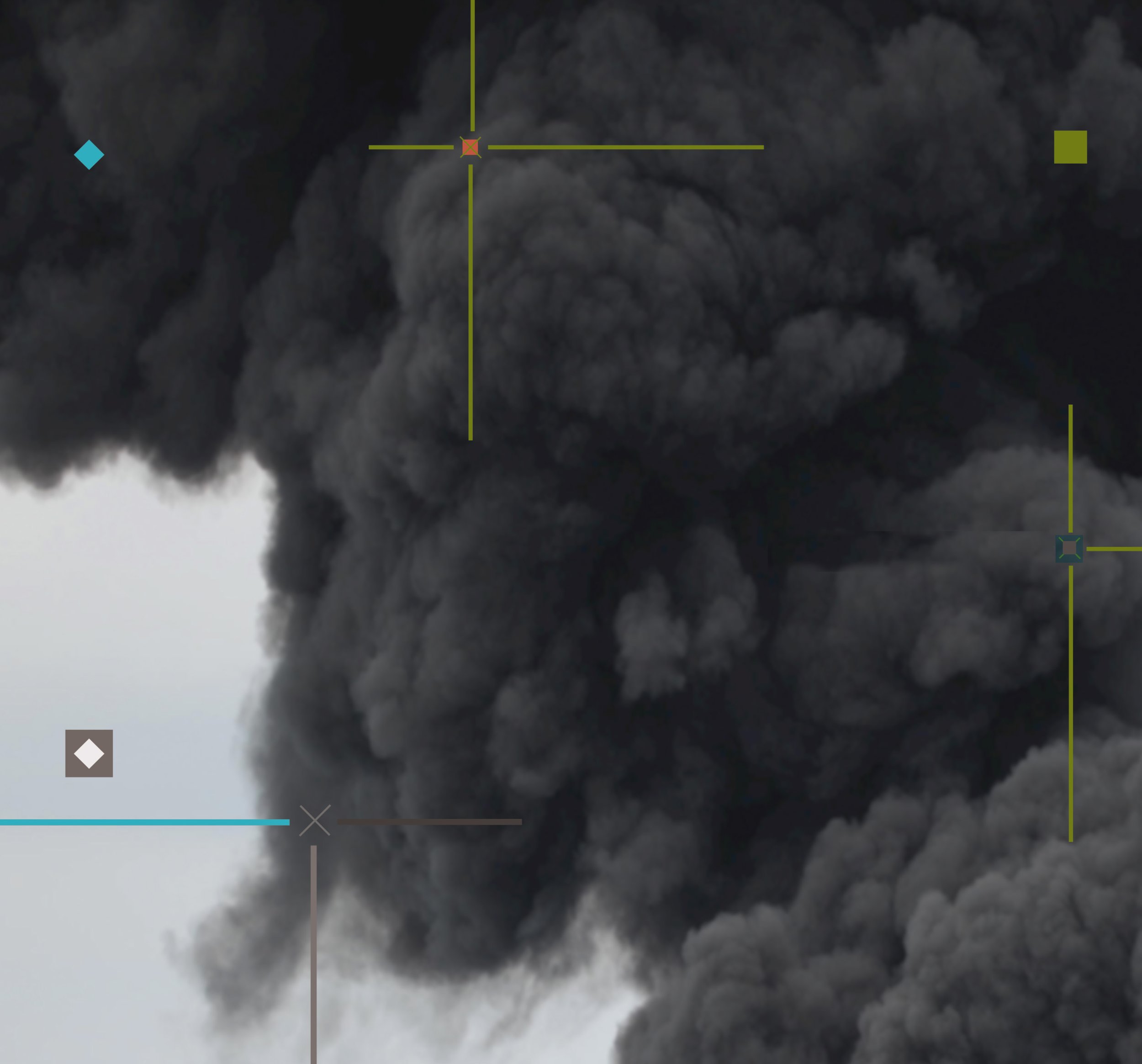
LYUDMYLA KHERSONSKA
Lyudmyla Khersonska was born in Tiraspol, Moldova, in 1964. She is the author of two books of poetry, Vse svoi, named one of the ten best poetry books of 2011, and Tyl’naia-litsevaia (2015). Her work has received several literary awards, and she has been named laureate and winner of the Voloshin competition. Her poems appear in many journals, including Novyi mir, Znamia, Kreshchatik, Interpoeziia, and Storony sveta, and have been translated into Ukrainian, Lithuanian, and German. She gave poetry readings in Moscow, Kyiv, Lviv, Munich, and New York. Khersonska also translates English-language poets into Russian, including Vladimir Nabokov and Seamus Heaney. She has spoken about Russia’s war in Ukraine and read her poetry about the war several times on Radio Liberty. Her latest book, Tyl’naia-litsevaia, includes poetic reflections on Russian aggression in Ukraine. Khersonska lives in Odessa.

POEMS
Did you know that if you hide under a blanket. . .
How to describe a human other than he’s alone. . .
The whole soldier doesn’t suffer. . .
A country in the shape of a puddle. . .
Buried in a human neck, a bullet. . .
that’s it: you yourself choose how you live. . .
I planted a camellia in the yard. . .
One night, a humanitarian convoy arrived in her dream. . .
When a country of — overall — nice people. . .
Leave me alone, I’m crying. . .
From the Translator
Katherine E. Young
Lyudmyla Khersonska’s poems in Words for War concern themselves with the fundamental loneliness of the individual in war. They contain recurring images of individuals in hiding, often curled in the fetal position, deliberately choosing to turn their backs towards war. Sometimes the individuals are reduced to body parts that must then be patched back together by seamstresses. In this poetic universe, war attracts and inflames idiots, both the ones at home and the ones across the Russian border. The emotional landscape of many of the poems is post-apocalyptic, not surprising when the “enemy” is someone with whom one has longstanding emotional and cultural ties. In “When a country of — overall — nice people,” Khersonska’s narrator describes watching the people next door turn slowly fascist and considers what it means to then meet those people in the street. Sometimes the enemy turns out to be a member of one’s own family: to the narrator of “You really don’t remember Grandpa – but let’s say you do,” Russia appears as the fearsome family patriarch who unbuckles his artificial leg at night, leaving it to keep a jealous watch over the family’s rooms.
All these poems ask to what degree an individual has a choice when war explodes outside the window, rattling the glass. It’s a world of lost opportunities and blasted hopes: in “I planted a camellia in the yard,” Khersonska’s speaker says simply, “I wanted to be a lady, not a war-ravaged rag.” In “The whole soldier doesn’t suffer,” Khersonska uses black humor to depict the psychology of soldiering as an exercise in denial: regardless of weather, enemy fire, bumbling by the higher ups (including God), the soldier keeps going as in the old Soviet song “Крылатые качели,” repeating the mantra that happiness lies just around the bend. These poems remind us that sometimes victory is just making it out alive.
